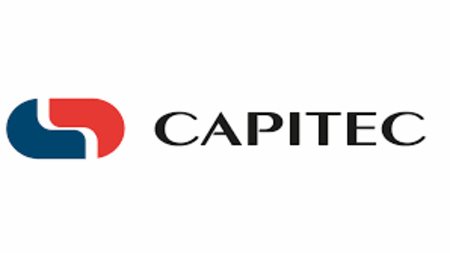South Africa’s energy scenario, although much improved, is still precarious and South Africans should use energy sparingly.
That’s the news from Eskom which has, alongside various other activities aimed at improving South Africa’s energy outlook, tasked its Integrated Demand Management (IDM) business unit with the implementation and management of a number of crucial energy savings initiatives. These initiatives have been tailored with a view to reducing energy usage across the spectrum and have met with great success.
Examples of successful programmes include Eskom’s solar water heater rebate programme which resulted in the installment of over 90 000 solar water heaters; a water saving shower head campaign and the compact fluorescent lamp (CFL) exchange programme which replaced 43 million energy draining incandescent light bulbs in South African homes with energy friendly CFL’s.
One of the latest initiative to join the ranks is Eskom’s heat pump rebate programme aimed at domestic and small business energy users. Funding for larger industrial and commercial heat pump projects is accessible through Eskom’s Energy Services Company (ESCo) funding process.
At present, the majority of residential properties have electrical element geysers installed. Many large commercial properties also utilise geysers and/ or steam cylinders called calorifiers. Both geysers and calorifiers are ‘energy hungry’ systems.
According to Andrew Etzinger, Senior General Manager of Eskom’s IDM, heat pumps can save users as much as 67 percent in water heating costs. To put this into perspective, an electrical element geyser uses three units of electrical energy to yield three units of heat energy. Heat pumps utilise just one unit of electrical energy to yield three units of heat energy.
There are two types of heat pumps, namely the integrated type and the split type. Integrated heat pumps are self-contained (the tank and heat pump are one unit); split heat pumps feature a separate tank and separate heat pump. Heat pumps use the reverse cycle of a refrigeration plant to heat water. In effect, heat pumps transfer heat from a source such as air or water to the water which is to be heated.
As in other refrigeration equipment, the heat pump system employs an evaporator, a compressor, a condenser, refrigerant gas and an expansion valve within a closed circuit. According to Etzinger, apart from the obvious efficiency and cost savings, heat pump users stand to gain a number of additional benefits. Benefits include amongst others, a reduction in carbon output as no combustible gas is burned in the heating process. Boiler tanks last longer due to the lack of chemical interactions between the element and other metals and the cooling cycle of heat pumps can also be utilised to cool buildings.
Etzinger adds that switching to energy efficient technologies and appliances is one of the most effective ways in which consumers can reduce their energy consumption and related costs. “However, we recognise that it is not always financially viable to convert to new, energy efficient technology, hence the introduction of a rebate programme which will enable homeowners and small businesses to buy heat pumps at discounted prices.”
Through the programme, Eskom hopes to facilitate the installation of at least 65 000 systems by March 2013 at a cost of R250m which, it is estimated, could save up to 54MW. Systems vary in size from small domestic heat pumps to large commercial and industrial systems capable of heating and storing thousands of litres of water. The size of the heat pump required will depend on the amount of hot water needed, the average ambient air, municipal water temperatures, humidity and space constraints.
The rebated price is available to customers replacing electrical element geysers with water tanks measuring between 100 and 500 litres. Rebate amounts are directly linked to the size of the system purchased. Heat pumps with a tank size of between 100 and 300 litres are currently discounted by R3, 668. Tanks measuring between 301 and 500 litres are discounted by R4, 320.
“Through this programme we hope to make it more viable to buy a heat pump and in so doing, encourage more South Africans to replace electrical element geysers with this energy efficient alternative.”
To qualify, customers must buy heat pumps from accredited suppliers who must then carry out a full installation. Happily, heat pumps bought through accredited suppliers are already rebated, eliminating the need to submit a claim.
For further information, contact Eskom’s help desk on 011 800 4744.



